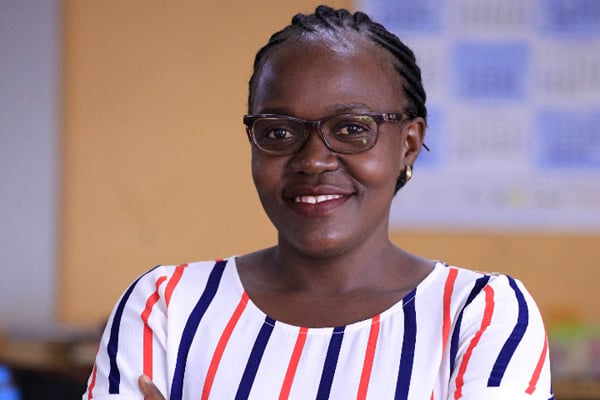Prime
Jailed MPs lose bid in witness protection application

Members of Parliament (MPs) Mr Allan Ssewanyana of Makindye West and Mr Muhammad Ssegirinya of Kawempe appearing before Masaka High Court on September 29, 2021. PHOTO | GERTRUDE MUTYABA
Court has rejected a bid in which two jailed MPs had sought to be joined as parties in an application by the State in prosecution of murder accusations against them.
The MPs; Allan Ssewanyana for Makindye West and Muhammad Ssegirinya for Kawempe North had asked the court to allow them as parties in the hearing of an application for non-disclosure of identity of 17 witnesses.
Through their lawyers led by Mr Medard Sseggona, the jailed legislators had asked the court to be heard on the application and also be availed a copy of the ex-parte (one-sided) application.
In the application, the State seeks to be allowed delayed disclosure of identities of witnesses and limit the number of people to access the information.
But Justice Alice Komuhangi Khaukha of the International Crimes Division (ICD) of the High Court said by granting the accused to be joined full disclosure of the identities of the prosecution and evidence at this stage, the court would have failed in its duty to ensure safety and well-being of the witnesses.
“Whereas the general rule is that disclosures must be sufficiently and adequately done, there are exceptions in cases of this nature and the main rationale is to ensure that the safety and wellbeing of the witnesses is not compromised,” Justice Khaukha ruled.
The court said the MPs shall be notified of the decision in the ex-parte application which is fixed for hearing on Thursday. They asked the court to combine all the case files to be heard and determined at once.
According to the lawyers, the facts of the pending Masaka murder case, including the months and places of the commission of the offence, accused persons, prosecutors and defence lawyers are the same as those before the ICD.
Mr Erias Lukwago, another MPs’ lawyer, said it is just and equitable that the two cases are treated as one instead of asking the two suspects to defend themselves in both courts.





